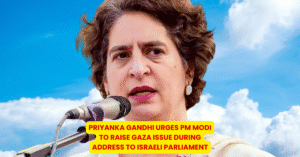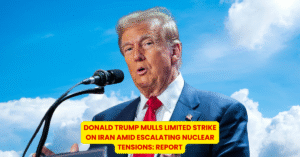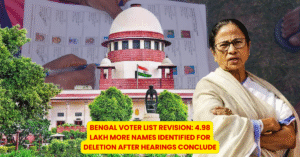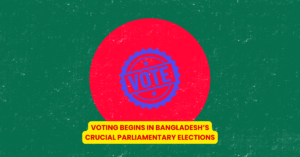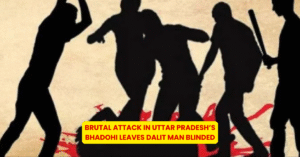NEW DELHI — A deeply emotional and controversial story returns to the spotlight today as the Supreme Court of India hears petitions surrounding Udaipur Files — a film that revisits one of the most disturbing incidents in recent Indian memory: the 2022 killing of Kanhaiya Lal, a tailor from Udaipur who lost his life in a brutal act of violence.
What was meant to be a film release has turned into a national moment of reckoning — raising questions about justice, sensitivity, and the power of cinema in a divided society.
Two Petitions. One Film. A Nation Watching.
A bench of Justice Suryakant and Justice Joymala Bagchi will today hear two petitions, both pulling in opposite directions. On one side is Amit Johnny, the producer of Udaipur Files, pleading for the right to release a film he believes tells an important, hard-hitting story. On the other side is Javed, one of the accused in the ongoing murder trial, who fears the film will turn public opinion against him before the courts can decide the facts.
Caught in the middle are millions of Indians — some calling the film a brave attempt to portray a painful truth, others warning that it could ignite tensions and hurt an already wounded community.
Why the Film Was Stopped
The film was set to hit screens on July 11, but the Delhi High Court halted the release just a day before. The reason? A teaser was uploaded online without proper certification from the Central Board of Film Certification (CBFC). That teaser reportedly included content that the CBFC had asked to be removed.
Yes, the full film was cleared by the CBFC on June 20, and a revised trailer was approved on July 2, but the court felt the filmmakers had overstepped by releasing content that wasn’t properly vetted. That move — and the urgency of the film’s scheduled release — brought the matter straight to the doors of the Supreme Court.
Legal Questions. Emotional Realities.
In court, Senior Advocate Gaurav Bhatia, representing the filmmakers, will argue that halting the film causes irreparable damage to free speech and creativity. The filmmakers say they’re telling a story that deserves to be told — one rooted in a real event that shocked the country.
But Javed, the accused, argues that the timing of the film could affect his trial — that watching the crime unfold on-screen before a verdict is reached could poison public perception and ultimately interfere with justice.
In addition, the Jamiat Ulema-e-Hind has requested the Supreme Court not to make any final decision without hearing their concerns. They, along with other petitioners, worry the film could fan communal flames — especially in a nation as emotionally charged and sensitive as India.
Beyond the Courtroom
This case is no longer just about a film. It’s about the raw pain of a real murder, about the role of art in storytelling, and about whether justice can truly be served when emotions are running high.
At its core, Udaipur Files forces the country to confront uncomfortable truths: Who gets to tell the story of a tragedy? When does expression cross into provocation? Can a film bring closure — or does it reopen wounds that are still healing?
A Tense Wait for a Crucial Decision
As the Supreme Court prepares to listen to both sides today, India waits. Filmmakers, lawyers, the family of Kanhaiya Lal, members of the Muslim community, free speech advocates, and millions of ordinary citizens are watching closely.
Because this isn’t just about cinema. It’s about truth, timing, and the thin line between justice and judgment.
And whatever the verdict, it will echo far beyond the courtroom — into the world of art, the halls of justice, and the hearts of a nation still searching for balance between pain, memory, and expression.

